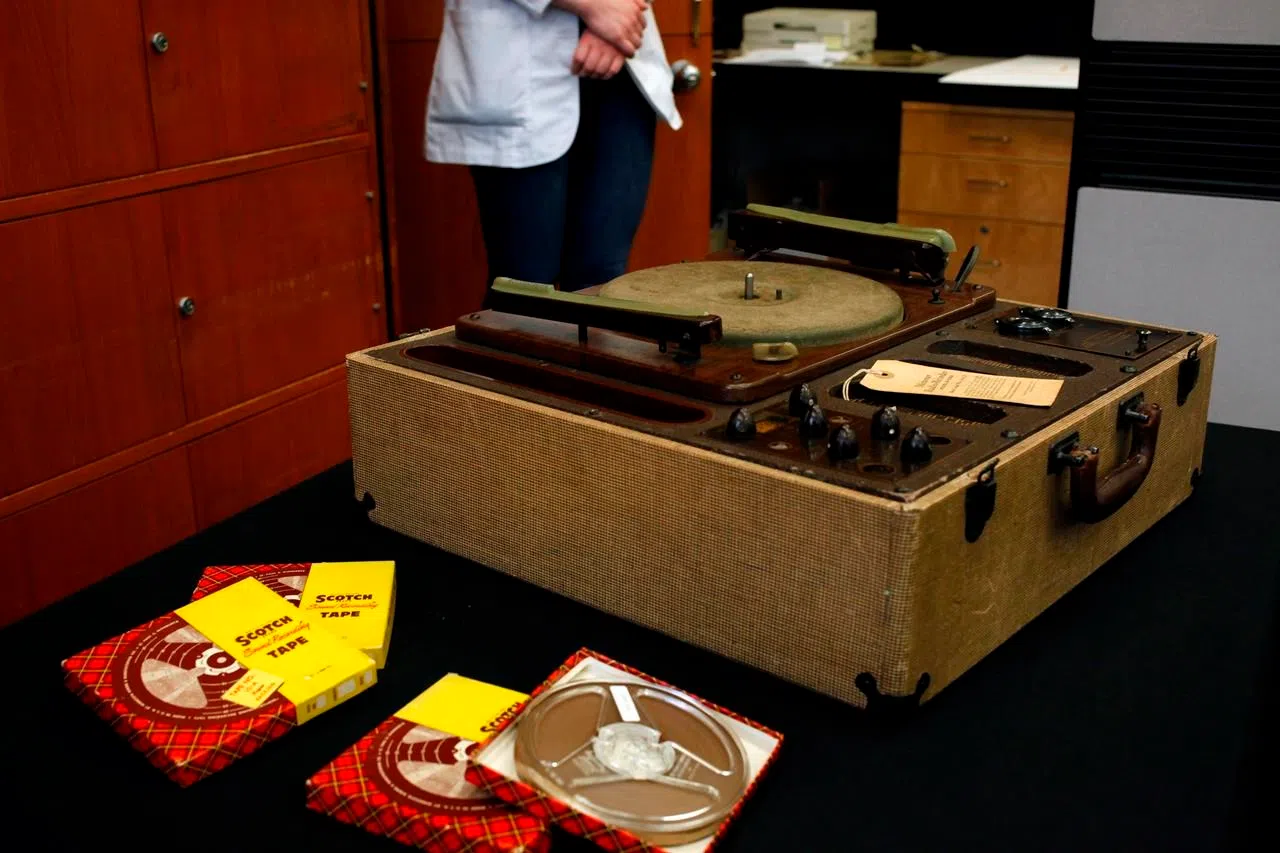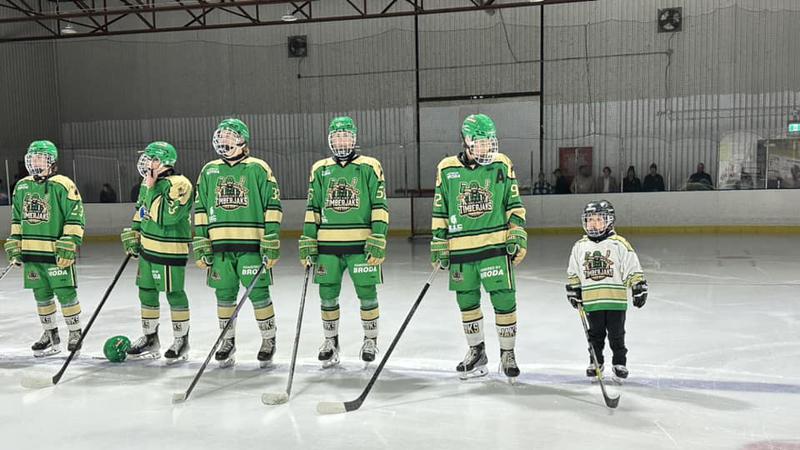
Indigenous B.C. treaties, recordings on first Canadian UNESCO memory register
VICTORIA — A mother, son and uncle performed together Tuesday at a ceremony that added British Columbia’s first Indigenous treaties and decades-old recordings of traditional First Nations’ songs to Canada’s national memory register.
Guy Louie, his mother Pamela Webster and uncle Hudson Webster sang the Paddle Song and Farewell Song, using their voices, dances and drum beats to mark the occasion that identifies the music as significant to Canadian history.
The pre-Confederation Douglas treaties, which are some of the only signed land-claims agreements in B.C., were also on display during the ceremony at the Royal B.C. Museum.
The songs are part of a museum collection of more than 500 recordings, transcriptions and handwritten notes made during the 1940s by musicologist Ida Halpern, who travelled to remote West Coast villages to record Indigenous music.


